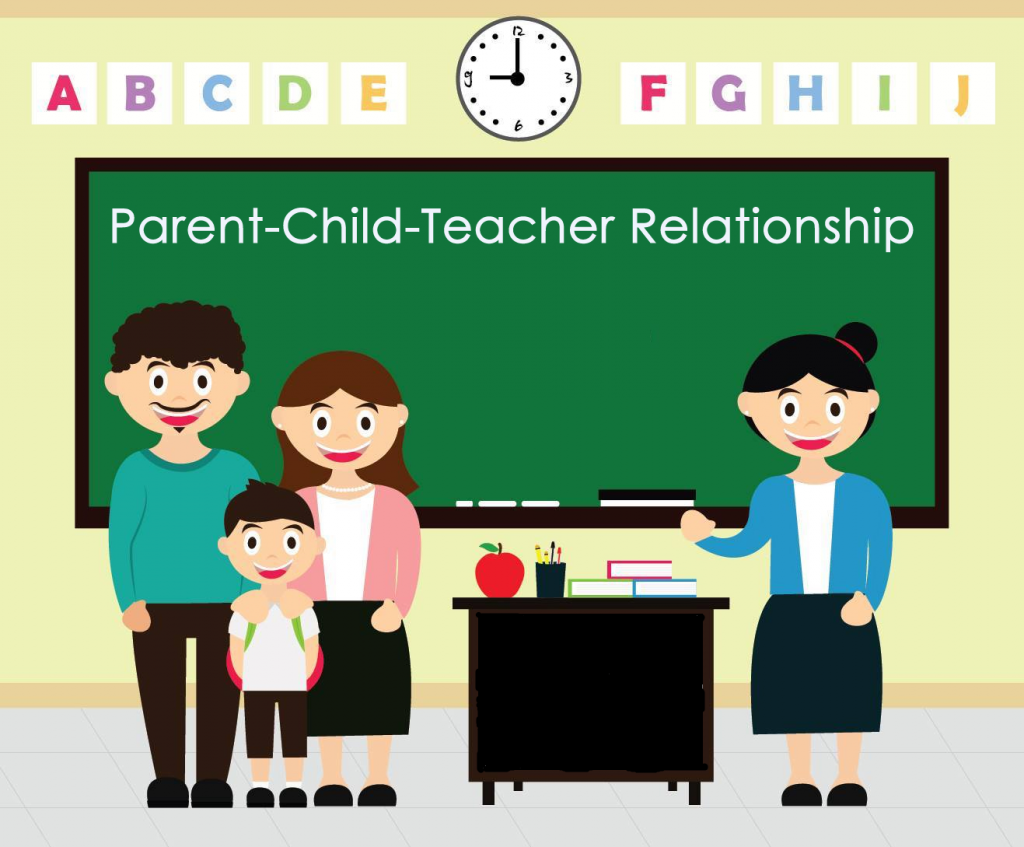
Parents provide children with their first learning experiences, starting with eating, sitting, walking, coloring at the kindergarten level, writing and reading at school, etc. Since parents help their kids in establishing their basic developmental milestones in life they can also help them do well at school. So reinforcing a strong parent-teacher partnership would be an amazing strategy in ensuring support of children’s learning process in educational institutions. It’s been confirmed by experts that a positive parent-teacher relationship contributes to children’s school success.
Though it is not as easy as you may think. There are teachers your child will be fond of and teachers your child may not like. You probably like some teachers more than some others, too. There are teachers who may adore your child and those who just don’t understand him. But whatever the case, your child’s teacher is the second most important person in your child’s life (after the parents, of course). And you can help make their relationship a strong and rewarding one.
Parents’ Teacher Meeting
Great communication is very key to making this relationship work. Communication on both sides is crucial, parents are to be constantly fed information about what and how their child is learning, and teachers need important feedback from parents about the child’s academic and social development. Read more on how to improve Parent-Teacher communication.

Strategies
These are effective strategies that you can employ to help you build a positive relationship with your child’s teacher.
Let there be Respect
Treat the teacher-parent-child relationship the way you would any really important one in your life. Create a problem-solving partnership, instead of confronting a teacher immediately with what’s wrong.
Let your child develop his own relationship with the teacher
This relationship might be the first your child will have aside from the one with the family. It shows a genuine kind of love that your child might develop with their favorite teacher. Do not force your ward to like any teacher, let them like who they want.
Do not Brag
You are aware of your child’s intelligence, but constant showing off might send a message to the teacher that you think he may not be good enough to teach your child. You do not need to sell your child to the teacher, you have to trust that your child’s teacher will come to know what’s important herself. Letting the teacher know your child’s interest will interest such teacher, but challenging the teacher may backfire.

Benefits
Positive parent-school communications benefit parents. The way schools communicate and interact with parents affects the quality and extent of parents’ involvement in their children’s learning. If a school speaks more about students’ bad performance than their excellence, it might discourage parent interest in the school making them feel that the school is not doing enough.
There is a lot of evidence showing that the involvement of parents benefits students in the long run. This includes better academic achievement, increased motivation for learning, improved behavior, more regular attendance, and a more positive attitude about homework and school in general.
Also, by having more contact with parents, teachers learn more about students’ needs and their home environment, which is information they can apply toward improving learning. Parents who are involved tend to have a more positive view of teachers, which results in improved teacher morale.